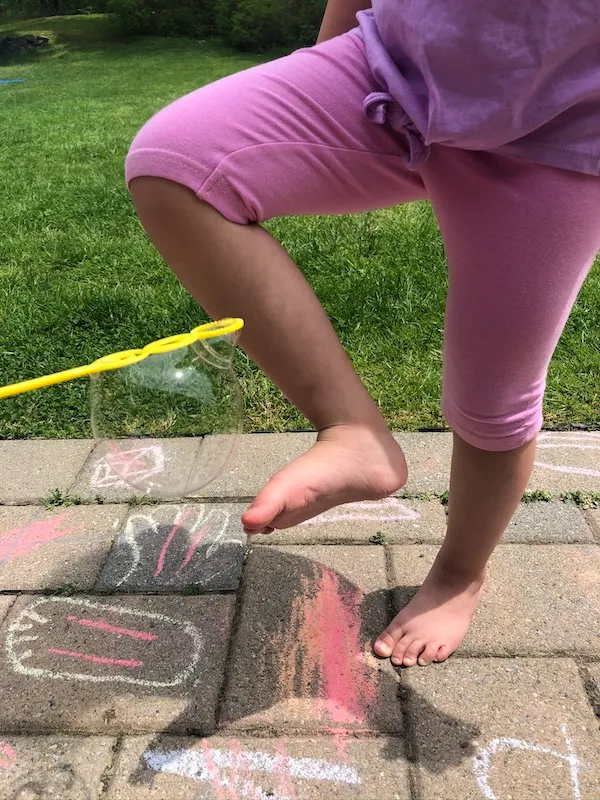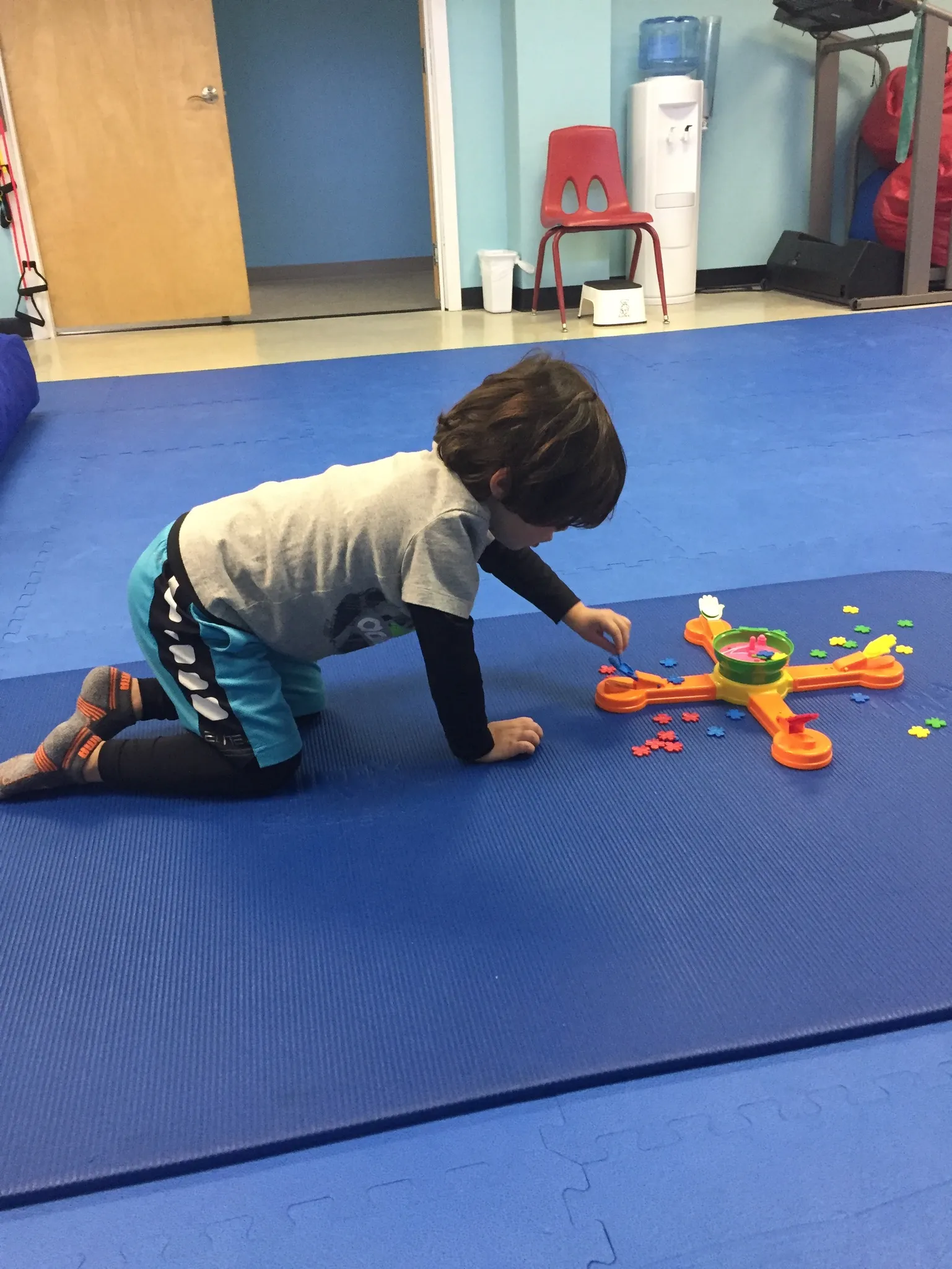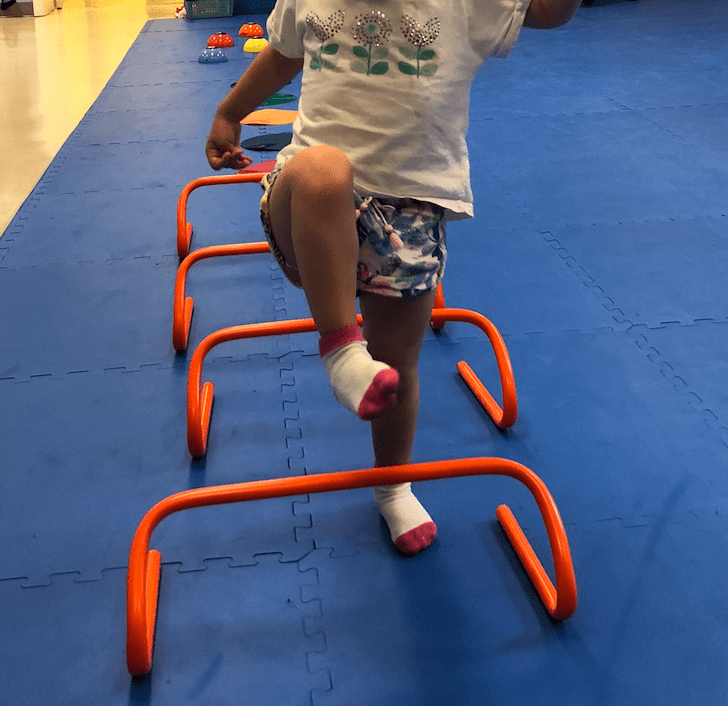How Sports Can Boost Your Child’s Self-Esteem
“All work and no play makes Jack a dull boy” is a cliché, but there’s a reason why the American Academy of Pediatrics recommends that physical education programs in schools emphasize a lifetime of playing sports. That’s because a long-term commitment to fun physical activities has a myriad of benefits for kids. And although most people are well aware of their positive effects on children’s motor skills and physical development — not to mention how it doubles up as a useful outlet for their excess energy — a less discussed aspect of sports is its mental health benefits, particularly with regard to self-esteem.
For starters, sports tend to highlight things your child is good at. Through sports, your child’s abilities will be put on display. This teaches them that everyone has a role to play, regardless of what you’re good at or what your skills are — a factor explored by a report by the New York Times on teamwork. Organized team sports teach children how to cooperate and accomplish tasks by leaning on each other’s strengths. Indeed, it is this acceptance that they all have their own strengths and weaknesses that will lead your children to be more assured and confident individuals.
Moreover, involvement in team sports also encourages the development of communication skills early on. This gives your child the necessary social capabilities to build healthy relationships from an early age. These early years are crucial to a child’s development, and sports help lay the groundwork from which your child can build their future.
The physical benefits mentioned earlier also play a role in building a child’s self-esteem through sports, as a William Paterson University study points to a connection between sports participation and your child’s self-esteem. On the surface level, sports prevent obesity, a condition that is one of the most serious public health issues afflicting today’s youth. The adverse effects of obesity go beyond the physical, as it has been linked to a child’s low self-esteem, which could, in turn, lead to psychological ailments such as anxiety and depression. By encouraging your child to be active in sports, you’ll be nipping the problem in the bud. Additionally, participation in sports has been linked to positive effects on a child’s psyche. A feature published by Psychology Today reports that early positive sports experiences contribute to the development of a child’s self-esteem. Small children, in particular, gain confidence from the simple process of learning to move their bodies the way they want to — building strength and balance that can help promote their self-esteem.
A healthy body leads to a healthy mind. And research conducted by the University of Exeter involving the effect of physical activity on academic success found that there is a positive correlation between the two. The research found that a single session involving moderate physical activity before, during, and after school significantly boosts a student’s academic prowess — which, in turn, helps build self-esteem. This is reiterated by psychology professors at Maryville University as they emphasize the link between mental health and learning success, which goes to show that the effect of sports lingers way beyond the end of a single game. The importance of holistic development is telling. This means as parents, it’s important that we provide our children the space to grow and the opportunity to try new things. One way to encourage this would be by getting them toys that encourage physical activity, rather than gadgets that’ll keep them stationary for most of the day.
All in all, the point of this isn’t to force your child to sign up for something that they don’t want to do, but rather to nurture what’s already there. It’s our jobs to safeguard their future, and while this means making sure they do well in school and accomplish their homework, it also sometimes entails simply letting them go out and play.
Article written for developmentalsteps.com
By: Jane Stephens




